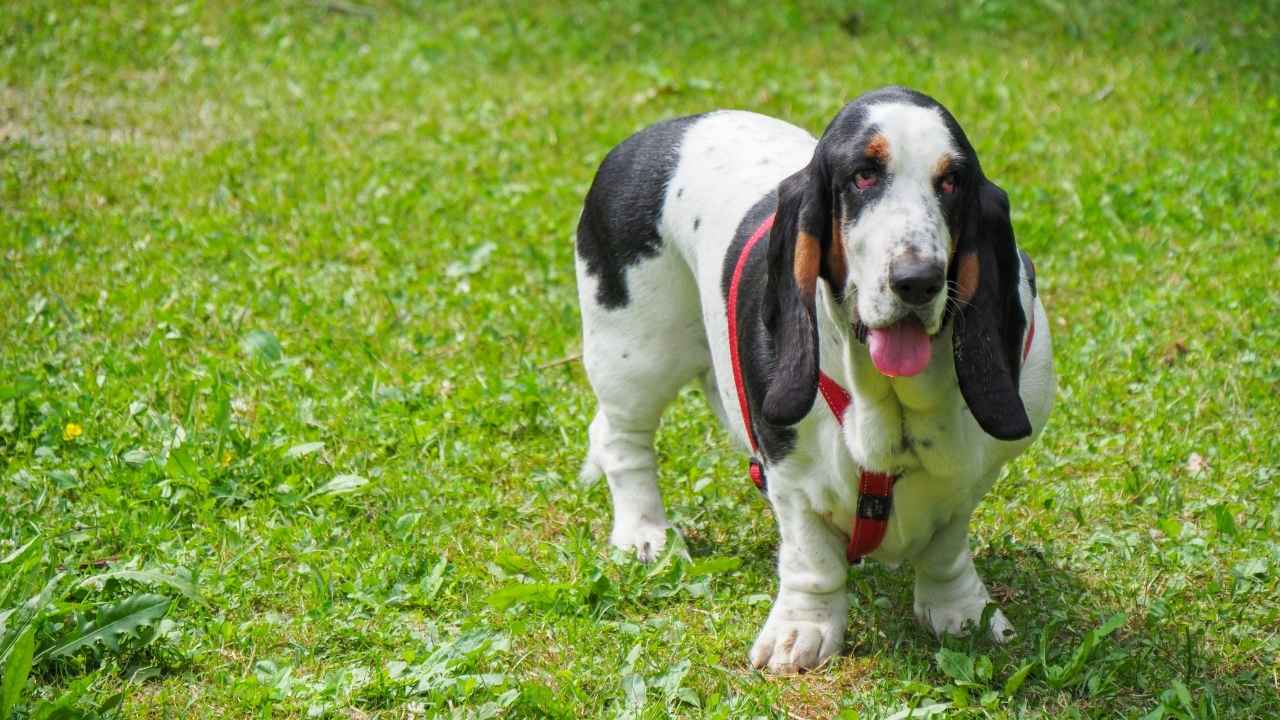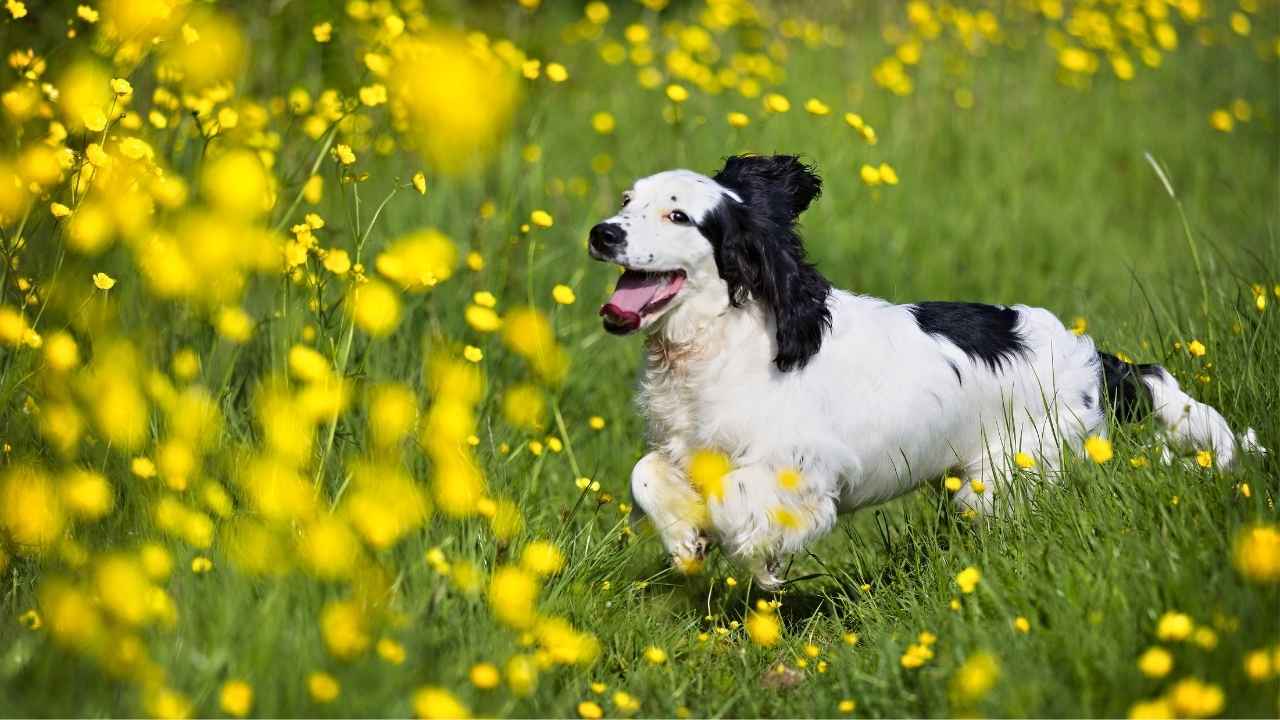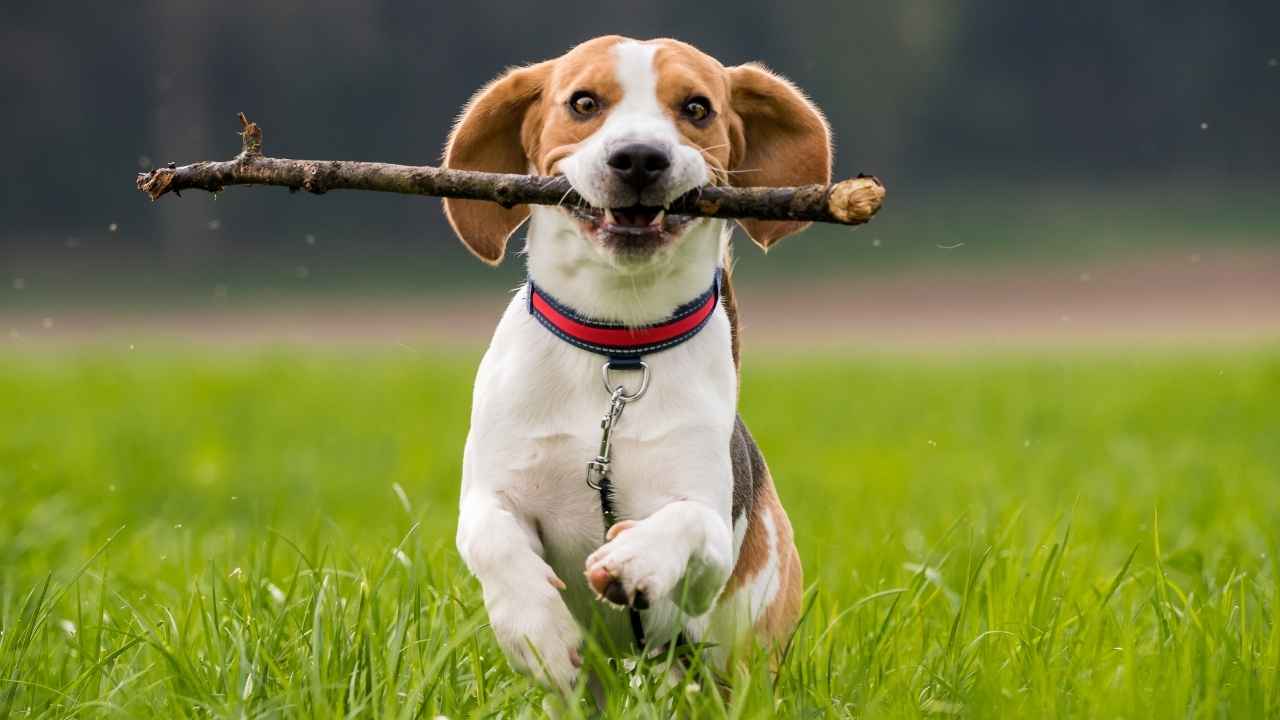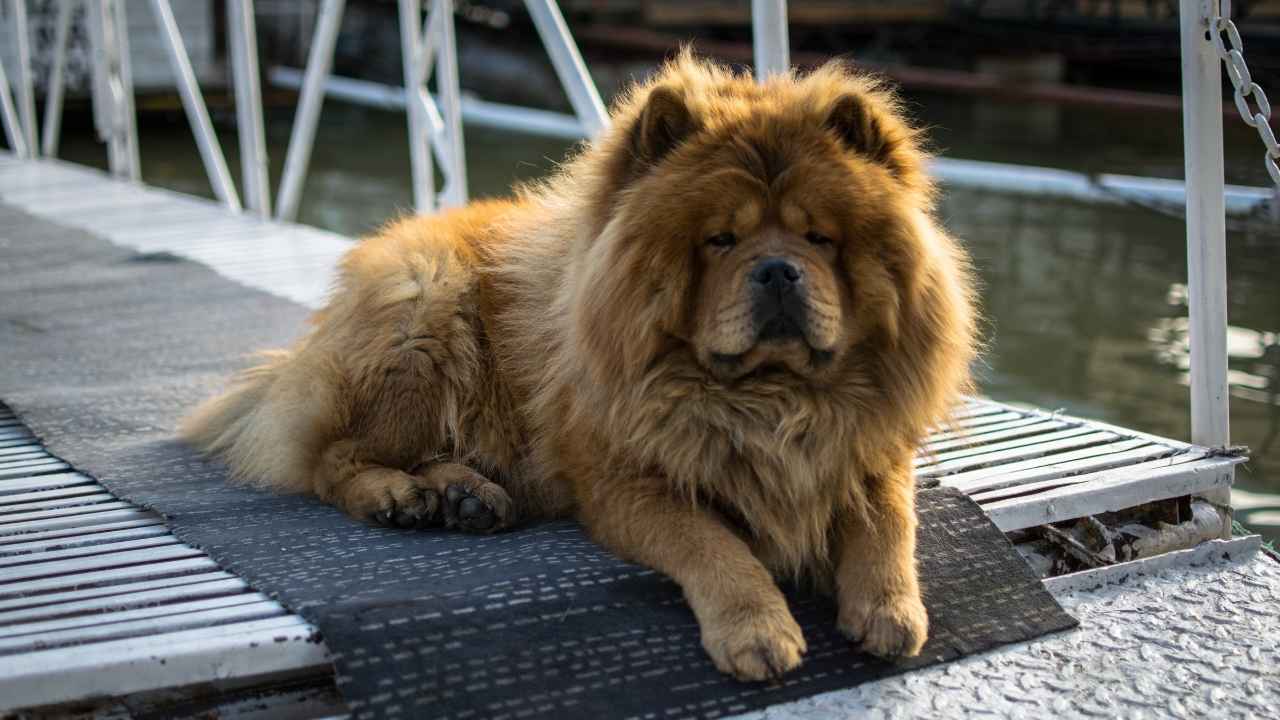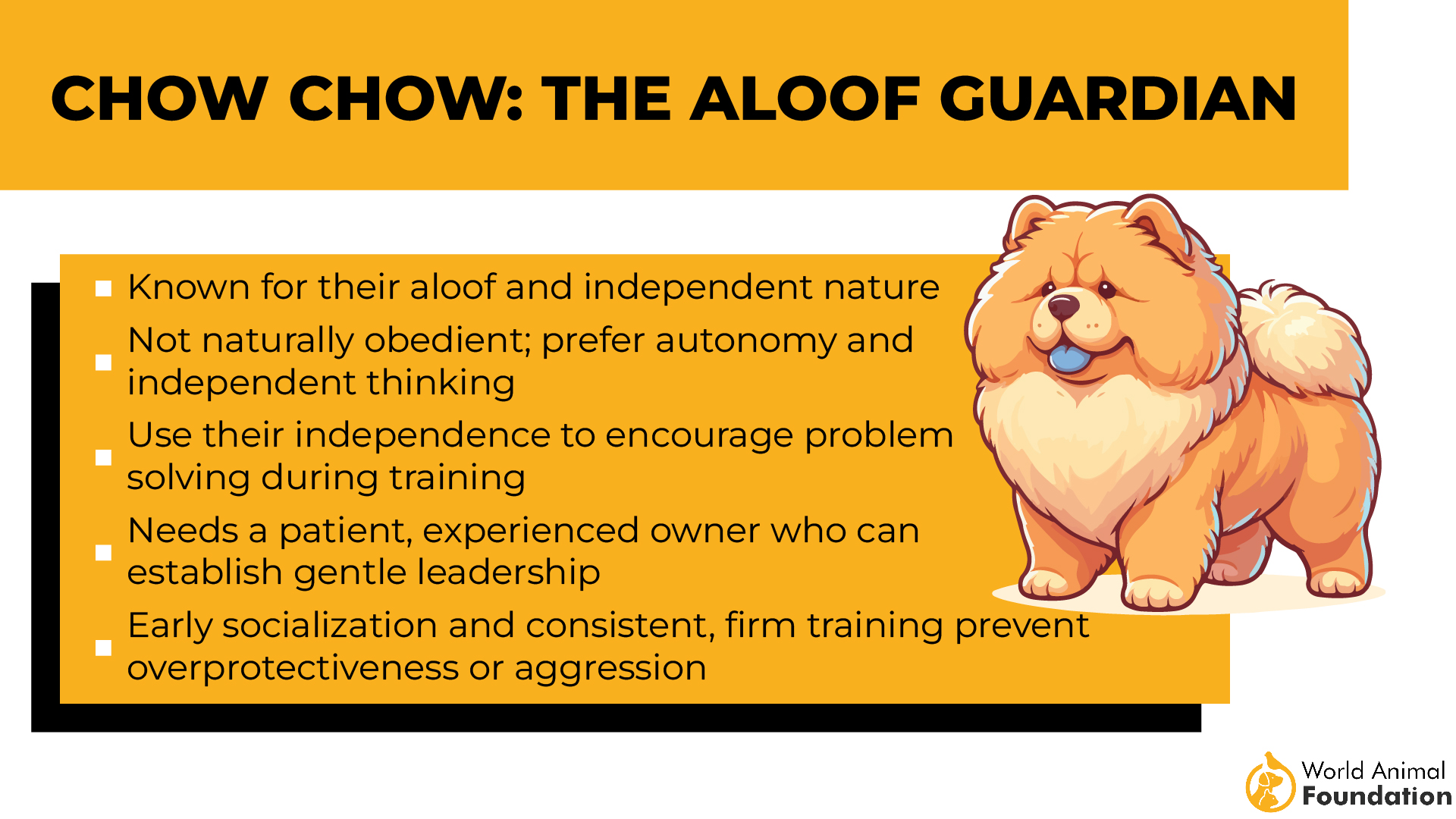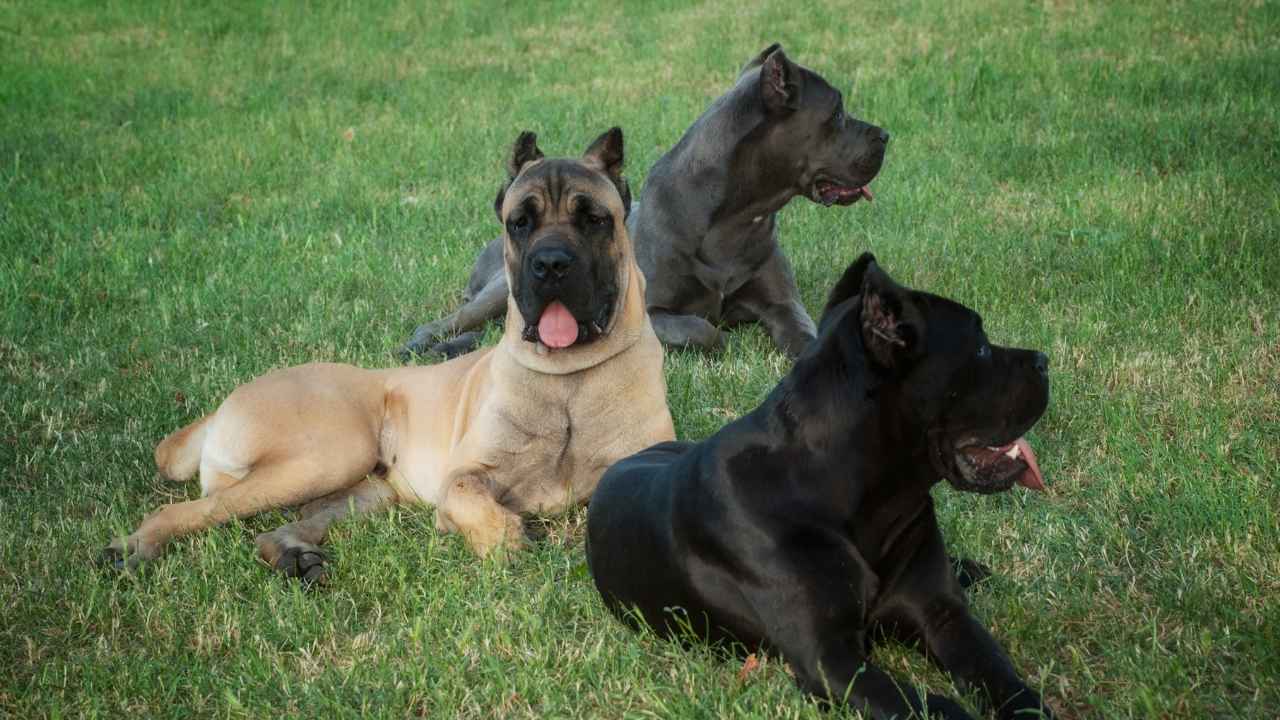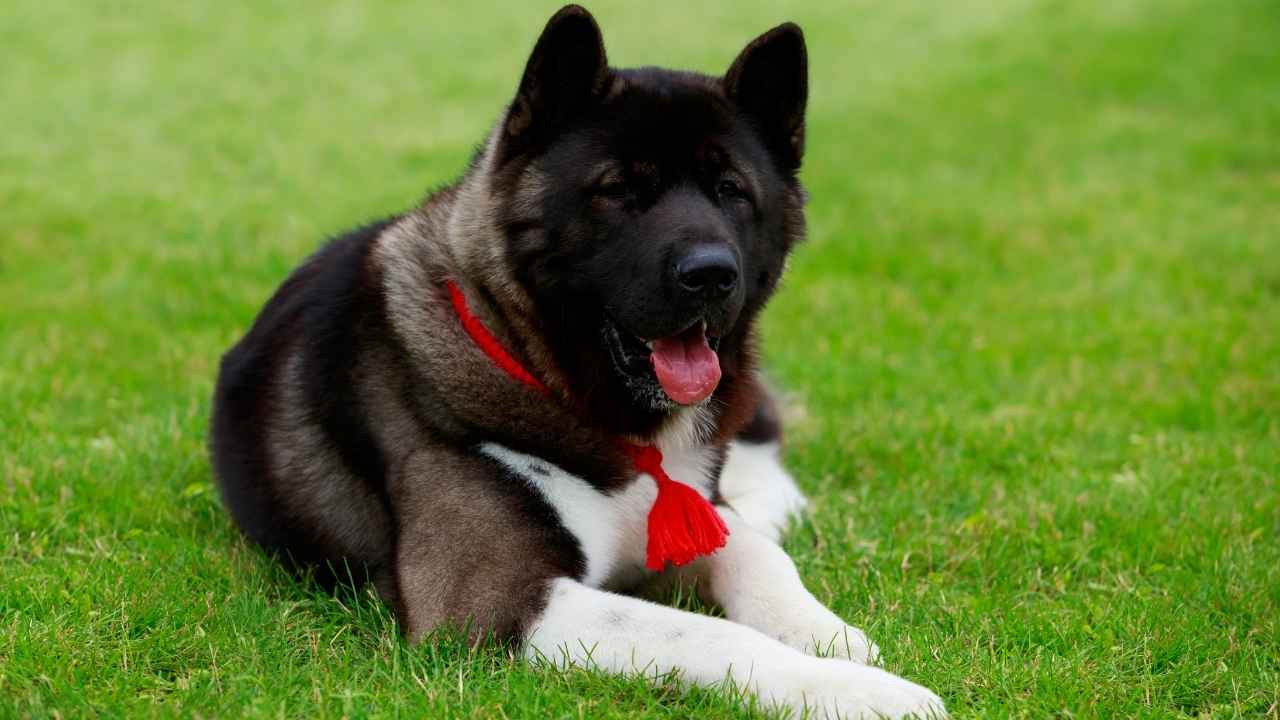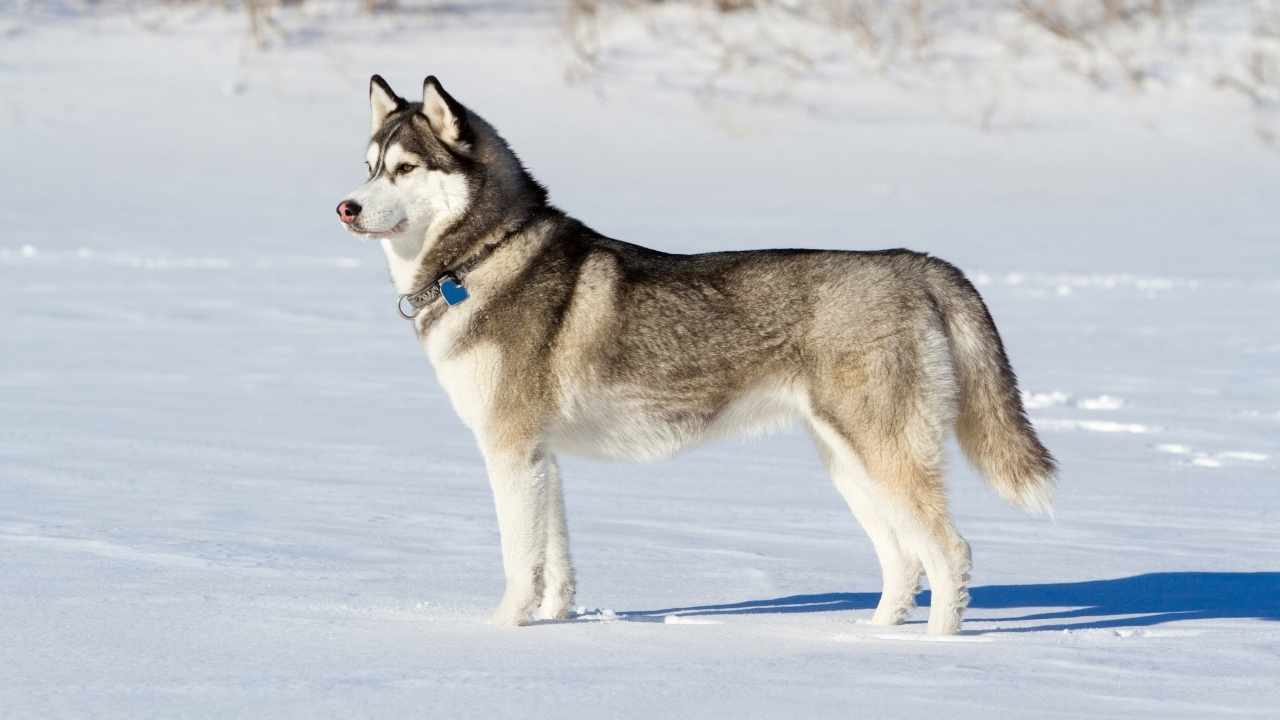Balancing a full-time job with the responsibilities of pet ownership can be challenging, especially when it comes to choosing a dog breed that fits your lifestyle. While all dogs require love and attention, some breeds demand more time and involvement than others. For full-time workers, selecting a breed that thrives in your absence becomes essential. In this guide, we explore the seven worst dog breeds for those with demanding work schedules. These breeds often require more social interaction, mental stimulation, and exercise than a typical workday allows, potentially leading to behavioral issues and stress for both the dog and owner.
Balancing a full-time job and caring for a dog can be tough, especially if you choose the wrong breed. Some dogs, like energetic breeds, require constant exercise, mental stimulation, and attention, which can be overwhelming if you have a busy lifestyle. If you’re working long hours, it’s important to think carefully about your choice.
Certain breeds, such as the Siberian Husky or Belgian Malinois, demand more time and training than many expect. Without proper care, they may get nervous or develop problematic behaviors. Dogs like the Akita or Cane Corso need daily exercise and socialization, which can be difficult to manage for full-time workers.
In this article, we’ll dive into 7 breeds, from Beagles to Chow Chows, that are challenging for busy owners. Keep reading to learn which dogs might not be the best fit for your lifestyle, and which ones require extra attention.
Worst Dog Breeds For Full-Time Workers
1. Basset Hound
The Basset Hound, known for its laid-back nature, generally seems like a good fit, but it requires consistent care and attention. These dogs, while not overly aggressive, can be highly stubborn and need proper training to prevent them from developing undesirable habits.
If not trained properly, Basset Hounds can become difficult to manage, especially when they get older. They are also highly intelligent and curious, so they need stimulation to keep them engaged.
While not as energetic as large dogs, Basset Hounds still require moderate exercise to maintain a healthy weight. Regular walks and playtime are essential, and they can easily become bored without sufficient mental and physical activity.
These dogs also tend to tolerate other animals but may struggle with certain breeds. A busy owner without the time to supervise or train them, may find it impossible to manage this breed in the long run.
2. Cocker Spaniel
The Cocker Spaniel is an affectionate and energetic breed, but its needs can make it troublesome for those with busy jobs. These dogs require consistent attention and supervision, as they can become anxious or destructive if left alone for long periods. Their high energy means they need regular exercise, such as daily walks and playtime, to stay mentally and physically fit.
Cocker Spaniels are also prone to separation anxiety, which can lead to barking, chewing, or other unwanted behaviors if left by themselves too often. In addition to exercise, they need consistent grooming to maintain their beautiful coats, which can be time-consuming.
Therefore, a Cocker Spaniel’s need for companionship, mental stimulation, and regular grooming makes it challenging for full-time workers to provide the care they require.
3. Beagle
Beagles, while beloved by families, may not be the best choice for those with busy lifestyles. Although they are sweet and playful, they require constant attention and training to thrive. These cute-looking dogs are really intelligent as well, but this can make them incredibly stubborn and hard to manage without consistent guidance.
These dogs need plenty of mental stimulation and exercise to avoid developing behavioral issues. If not trained properly, they can become disruptive, especially since they have a strong instinct to escape and explore. Their loud howling can also be a problem, making it difficult for those living in apartments or tight spaces.
Owning a Beagle requires dedication and so, if you don’t have the time to provide proper care and attention, the long-term commitment may become overwhelming.
4. Chow chow
Chow Chow is yet another breed that is unsuitable for people with a busy lifestyle. While cute and adorable as puppies, their aloof nature can turn aggressive without proper training and socialization, leading to behavioral issues like biting or anxiety.
Their thick fur requires constant grooming, adding another layer of responsibility for owners with limited time. Also, they are heavy shedders, posing issues for allergy sufferers. Unlike playful breeds, Chow Chows are less active and more stubborn, making them a challenging breed to train for those with busy schedules.
Prone to health issues, they also require regular veterinary care. For a balanced life, this breed needs dedicated attention, which may not align with a hectic routine.
5. Cane Corso
The Cane Corso is a large, powerful breed that requires a lot of attention and care throughout its life. As a working dog, it needs constant physical and mental stimulation, so owners should expect to invest time and money to meet these needs as suggested by Orvis.
Without proper training and socialization, Cane Corsos can become overly protective, territorial, or even aggressive, which poses a risk for families and other pets.
It’s important to factor in the costs of vet bills and health care before adopting them as pups, as they develop into high maintance dogs and are also prone to health issues when not provided with proper care.
6. Akita
The Akita, a powerful working breed from Japan, is known for its loyalty and protective instincts. This breeds excels as a guard dog and in tracking scents and also also used for police work.
With a striking appearance and strong-willed nature, it requires consistent training and socialization. Historically used for guarding and hunting, the Akita thrives on structure and discipline, making it better suited for experienced owners.
This breed is not ideal for busy people due to its high maintenance needs. Akitas demand daily exercise, mental stimulation, and grooming, especially during heavy shedding seasons. Without proper attention, they can develop anxiety, behavioral issues, or become overly protective.
Akitas are deeply devoted to their families but aloof with strangers. Their independent temperament needs to be constantly supervised especially during developmental stages, making them unsuitable for owners with hectic schedules. For those who are prepared to commit, the Akita is a remarkable companion, but it’s not a breed that everyone affords to have.
7. Siberian husky
The Siberian Husky, bred by the Chukchi people as a sled dog, is a striking, resilient breed with a thick coat and playful nature. Renowned for their role in the 1925 Nome serum run, these working dogs are built for endurance and cold climates.
Huskies are highly active and require 1–2 hours of exercise daily. Their dense coat needs regular brushing, especially during shedding seasons. Known for their independence and cleverness, they can be destructive when bored and are not easy to train.
For busy owners, Huskies pose challenges due to their high energy, vocal tendencies, and constant need for attention. However, with proper time and care, they can be loyal and fun companions.
Conclusion
In conclusion, choosing the right dog breed is a significant commitment that goes beyond just liking their appearance or temperament. Thorough research into each breed’s specific needs—whether it’s exercise, training, or health care—is essential.
For example, breeds like Bulldogs and Great Danes are low-energy and easygoing, requiring minimal exercise and stay calm and content with moderate walks. Similarly, Golden Retrievers and German Shepherds are friendly and adaptable as well as easily trainable, making them suitable for workaholic humans.
However, full-time workers must consider the time they can dedicate to their dog’s well-being, including regular visits to veterinarian and activities for physical and mental stimulation. By carefully assessing these factors before you adopt a pup, you can ensure a fulfilling and long-lasting relationship with your pet.
In conclusion, while owning a dog can bring immense joy and companionship, full-time workers must carefully consider which breed best suits their lifestyle. Breeds with high energy levels, require constant attention or suffer from separation anxiety, such as Border Collies, Siberian Huskies, or Jack Russell Terriers, may not thrive in a household where they are left alone for extended periods. It’s crucial to choose a breed that matches your work schedule and living situation to ensure the well-being of the pet and the harmony of the home. Assessing personal circumstances and opting for a more independent breed can lead to a happier, healthier relationship with your canine companion.


